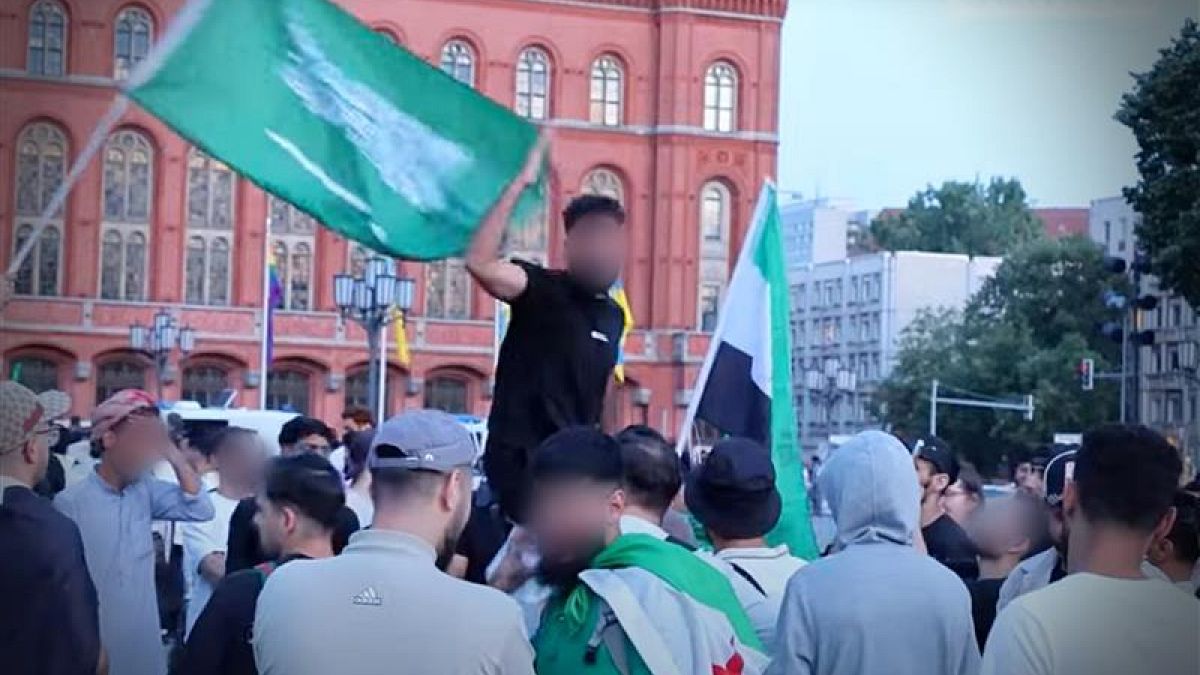

In a world that is ever-evolving, recent events across continents have shed light on the dynamic nature of global political and social landscapes. From important dialogues in Europe to significant movements in Asia, these stories reflect a collective journey towards understanding and change.
In Germany, Seyran Ateş, the esteemed imam of the nation’s only liberal mosque, has become a focal point for discussions regarding the concept of “Islamisation” in Europe. Ateş’ remarks have sparked a debate, drawing various responses from other religious leaders who caution against potentially divisive rhetoric. Imams have voiced concerns that such language, while intended to highlight potential cultural changes, could instead breed misunderstanding. This discourse underscores the importance of balanced communication in addressing complex religious and cultural dialogues, fostering a space for thoughtful engagement and understanding.
Meanwhile, in Munich, Reza Pahlavi, the exiled Iranian prince and son of the last Shah of Iran, is spearheading efforts for democratic change. Gathering activists from various parts of the world, Pahlavi is working towards rallying support for a democratic vision in Iran. He reports receiving communication from 50,000 defectors, each eager to contribute to reshaping Iran’s future towards democracy. This initiative represents a beacon of hope, reflecting the aspirations of many Iranians striving for a society rooted in democratic values and personal freedoms.
Over in Hong Kong, a legal maneuver by authorities has resulted in the issuance of arrest warrants for 19 overseas activists. Accused of subversion under the stringent national security law enacted by Beijing in 2020, these individuals are linked to pro-democracy efforts that aim to voice the collective yearning for autonomy and reform. As Hong Kong’s national security police expand their reach, the move illustrates the ongoing tension between governmental authority and advocacy for democratic principles. This situation calls for global attention and dialogue on the balance between national security and individual freedoms.
In a similar vein of advocating for rights, Germany’s Pride parades stand resilient amidst a rise in incidents targeting LGBTQ+ communities. Organizers of the Christopher Street Day parade in Berlin have emphasized the importance of vigilance and unity, as hundreds of thousands prepare to celebrate this vibrant event. Rooted in the memory of the Stonewall riots, this gathering is a powerful reminder of progress achieved and challenges ahead. It is an assertion of love, diversity, and resilience in the face of adversity, reminding participants and onlookers alike of the ongoing journey for acceptance and equality.
Further afield, a significant political decision in France surrounding the recognition of Palestine has stirred various reactions across the political spectrum. While intended as a step towards peace and recognition, the move has engendered criticism both within the governing party and from the opposition. Among the left, there is a sentiment that the initiative does not go far enough in supporting Palestinian aspirations. Meanwhile, the move presents a complex dilemma for the right, highlighting inherent contradictions within political stances. This national dialogue reflects broader global conversations on diplomatic recognition and the pursuit of lasting peace in contentious regions.
Together, these events across the globe signify an era of profound change and introspection. As communities worldwide engage in dialogues—each marked by its unique context and challenges—there is an underlying theme of striving towards understanding and unity. By sharing insights and experiences, we pave the way for a world that values diversity, dialogue, and the hopeful pursuit of a brighter future.
Source: {link}
